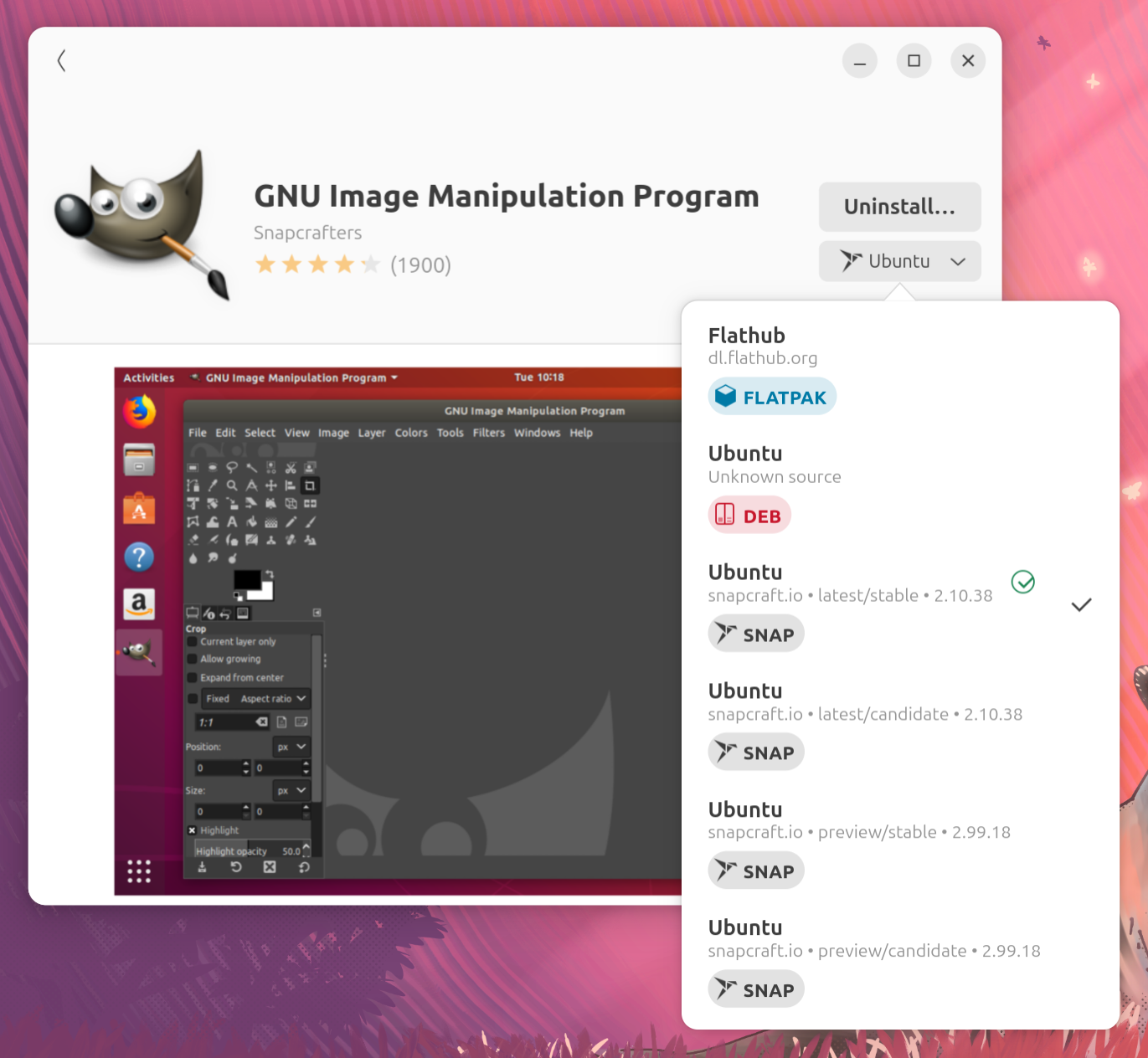Ubuntu Linux
1417 readers
2 users here now
Linux for Human Beings.
Ubuntu is a popular Linux operating system for PC / mobile devices, etc.
Developed by Canonical & based on Debian (another older Linux OS) which is known for it's rock solid stability.
Ubuntu is trusted everywhere computing by professionals and common users alike.
founded 4 years ago
MODERATORS
1
2
3
6
Ubuntu Desktop’s 24.10 Dev Cycle - Part 5: Introducing Permissions Prompting
(discourse.ubuntu.com)
4
5
6
7
9
10
11
12
13
14
15
16
17
18
19
20
21
22
23
24
25
view more: next ›
